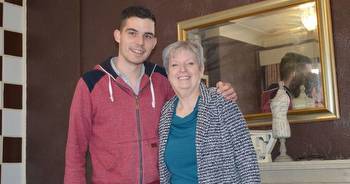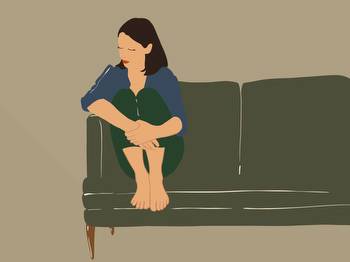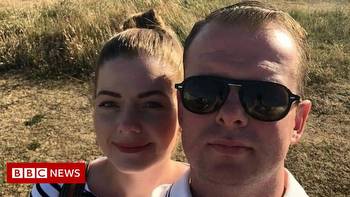Football's uncomfortable relationship with gambling companies
 Annie Ashton takes a deep breath and pauses for a moment before she answers.
Annie Ashton takes a deep breath and pauses for a moment before she answers.Did she feel she had any option but to speak out?
“I don’t feel like I’ve had a choice — although I’m not saying that I didn’t have a choice,” she says. “In my mind, there was no doubt that speaking out was the thing that I needed to do.”
On April 22 this year, Annie lost her husband Luke to gambling-related suicide. Luke went missing the day before and it was only three weeks after his death, when looking through his phone, that Annie learned of what she describes as “a gambling disorder that had taken over him”.
As Annie sits down to speak to The Athletic during Safer Gambling Week — an initiative run by the Gambling Commission — and with the impending release of a government white paper that will review the 2005 Gambling Act, she says she has no regrets about her decision to share Luke’s story in an attempt to raise awareness.
“I’ve since learnt that it’s not heard of really, but the police gave me his phone back. They don’t usually do that,” she says. “It almost seemed like it was fate for me to do these things now, because it was there. I opened his phone up and could see his PayPal account activity. That made me look at other accounts, like his betting account.
“I logged into his account and scrolled through his history, and at certain points you can see where the free bets are dropping in. That is not unheard of but when he’d lost quite a lot of money and he might have stopped for a few days, then a free bet would go in and he would put another deposit in of a large amount. That was a pattern when I scrolled back as far as I could go.






































